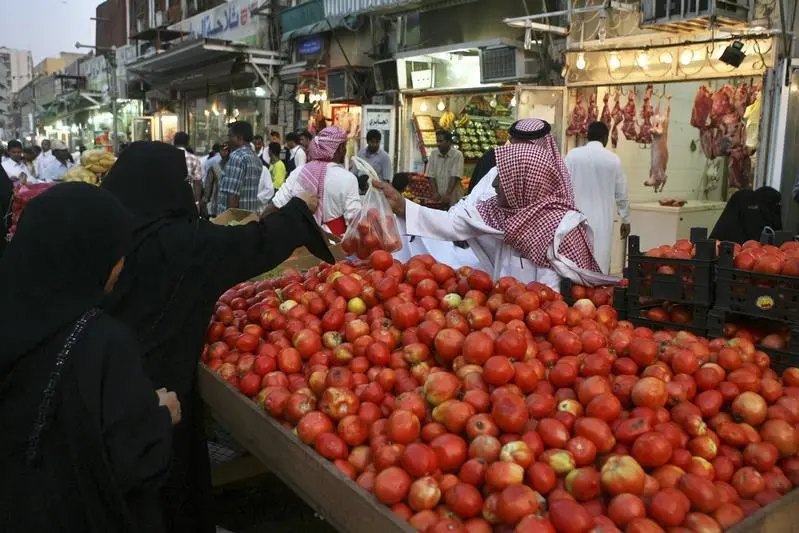PHOTO
JEDDAH — A number of economists expect the Saudization of jobs in groceries to remarkably reduce annual remittances by expatriate workers. They said the remittances would drop by SR6 billion if the decision was implemented.
They also believe that the nationalization of work in the groceries would create more than 35,000 jobs for Saudis.
The economists, however, said the nationalization of jobs in the groceries ought to be preceded by a number of steps including the training of the Saudi cadres in the use of the electronic payment system.
Economic expert Luai Tayyar said the big drop in remittances by expatriates could further boost the state budget and help create more jobs for Saudis.
"It might not be possible to replace expatriates working in the groceries by 100 percent during the initial years, especially those in the remote areas, due to their large number and the different sizes of shops they serve," he said.
Quoting official figures, Tayyar said there were more than 160,000 expatriates working in grocery stores around the Kingdom.
He called for the gradual nationalization of jobs in the groceries until they reached the targeted rate of 100 percent.
Mohammed Abdul Hakim, another economic expert, believes that the groceries are investment projects that are extremely profitable.
"Owning and operating a grocery does not require special skills or a huge capital. It only needs seriousness in work and paying attention to the expiry dates of the products," he said.
Abdul Rahman Al-Shahrani called for making it a commitment on the groceries to use the electronic payment system saying that this would reduce the tasattur, or cover-up operation by expatriates in the name of Saudis.
He said as a general societal culture, the Saudis usually prefer to buy from Saudi sellers, not expatriates.
Foreign remittances by expat workers in the Kingdom fell by 16.9 percent to SR10.6 billion in June 2018 compared to May when the amount reached SR12.75 billion, showing a decrease of SR2.15 billion, according to figures published by the Saudi Arabian Monetary Auhority (SAMA).
© Copyright 2018 The Saudi Gazette. All Rights Reserved. Provided by SyndiGate Media Inc. (Syndigate.info).





















